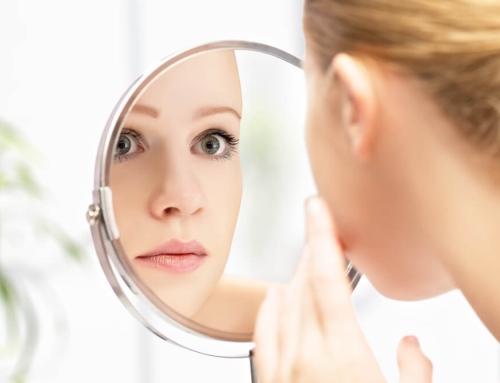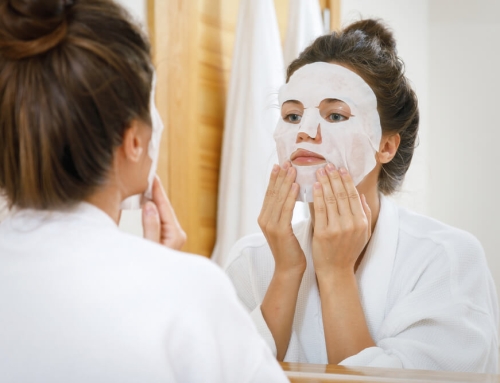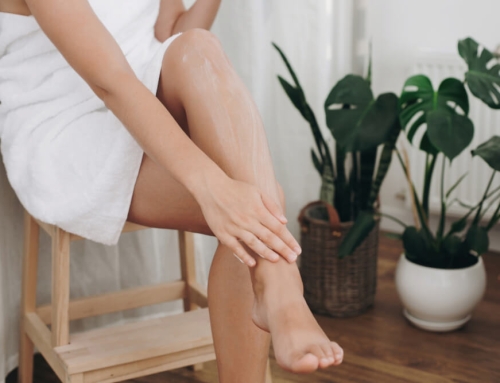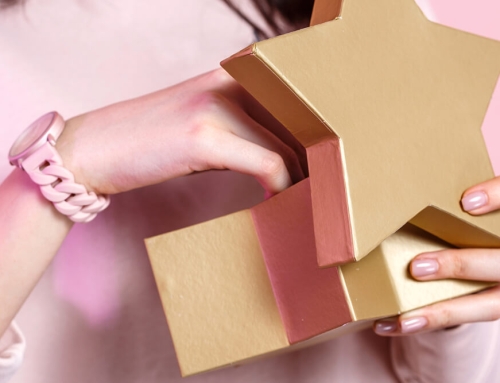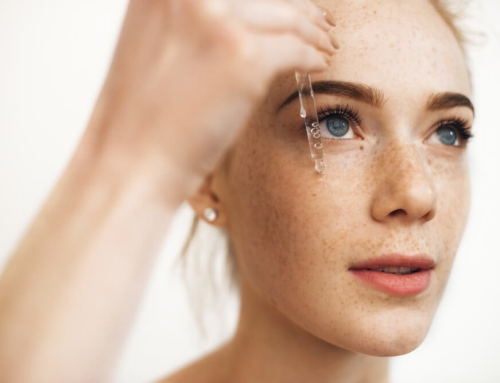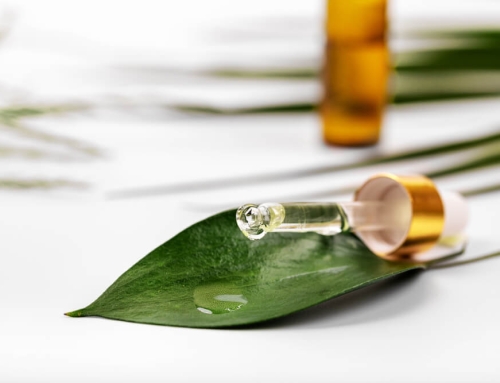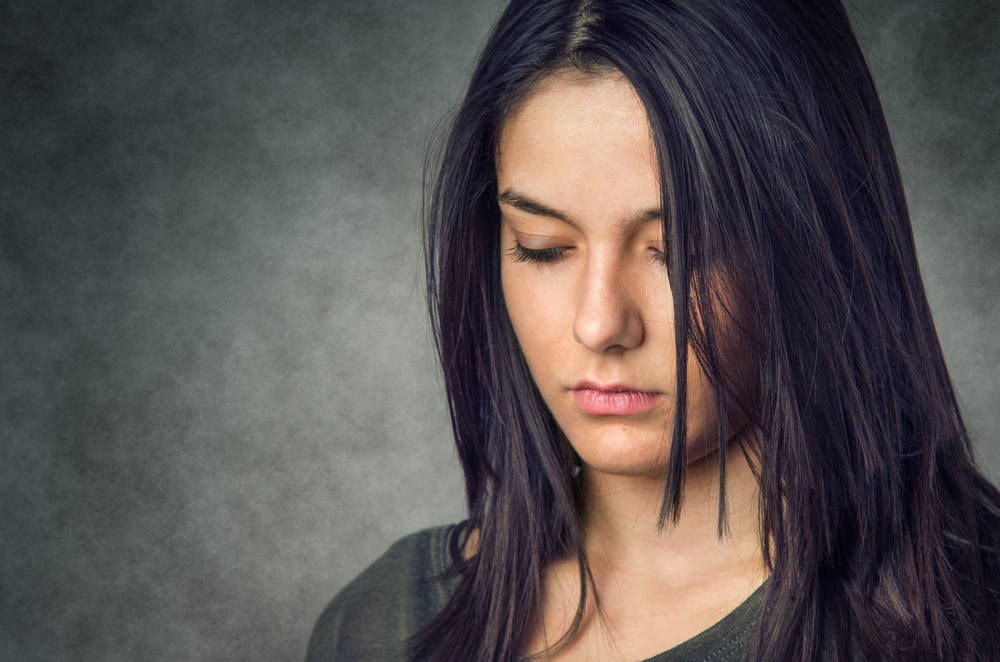
Skin comes in different types. Each type has proper methods of care that ensure it gets the most out of any products you choose to use. Sensitive skin is one of the more troublesome skin types to deal with as the effects of products can be magnified beyond the desired range or the ingredients used will simply cause an adverse reaction because the skin can’t deal with it. Most of the time this is restricted to a handful of people, but more and more people seem to be dealing with sensitive skin. OROGOLD would like to state right now that it isn’t terribly likely that cases of people with sensitive skin are increasing as that is controlled by genetics. Another option exists that causes similar reactions and simply happens due to environment: sensitized skin.
What’s the Difference?
As previously stated, sensitive skin itself is an issue of genetics. The skin doesn’t quite form all layers of itself properly and is a bit more susceptible to topical and environmental factors than average. There is little to be done about sensitive skin beyond learning to live with it. Sensitized skin is another matter entirely. “Sensitized” skin is skin that has been subjected to an outside factor that has resulted in behavior and appearance similar to sensitive skin. This can happen for any number of reasons. Common reasons for it include using low-quality skin care products, excessive sun damage, exposure to particular chemicals or pollutants regularly, and even frequently switching between vastly different controlled environments. The skin begins to react adverse simply from overexposure to these and other factors.
How Can I Tell?
Many signs of sensitized skin are shared with sensitive skin itself. Easy inflammation from products, thinner looking skin, uneven tone and texture, and easy breakouts are likely all familiar symptoms to anyone who has dealt with sensitive skin all their life. For people dealing with sensitized skin, these issues will be new rather than a lifelong issue. OROGOLD does wish to caution you against leaping to conclusions though. Your skin does become a bit more sensitive with age and this can cause your skin to slowly behave in such ways. The best way you can figure out if you have sensitized skin is to see a dermatologist and explain your symptoms. This can likewise help you figure out any specialized treatment to help with the condition as well. It is always best to ask a professional rather than making incorrect conclusions and taking any actions that could potentially harm your skin.
How Can I Treat It?
If you’re certain or uncertain and making an appointment, then you can still try a few methods of helping to deal with sensitized skin. You’re going to have to make some changes to your routine though. Use less product. Too much product will simply aggravate your skin more and make things worse. Similarly, find gentler products than you usually use. You may be used to a scrub for exfoliating your face, but sensitized skin means you’ll need to find a gentle, powder or chemical exfoliant. Additionally, consider if there have been any recent changes to your environment or life. Smoking and being around smokers can cause sensitized skin. Excessive drinking is also a culprit in some cases. If you’re spending more time outside, then invest in a quality cleanser to help clean out any irritants that might be causing the issue. In general, figure out what has changed be it about the physical side of your life or the mental one and try to counteract things.
Sensitized skin is an increasing issue of the modern world. The constant stress and exposure to pollution causes health issues and it was inevitable that the skin would join in on these issues. This isn’t the end of the world though. Sensitized skin is easily treatable with lifestyle and routine changes that can get your skin back to behaving like it normally does. OROGOLD once again strongly encourages you to visit a dermatologist if you suspect you may have sensitized skin as leaving it untreated can cause lasting damage. You know your skin best. Use that knowledge to take proper care of it.

